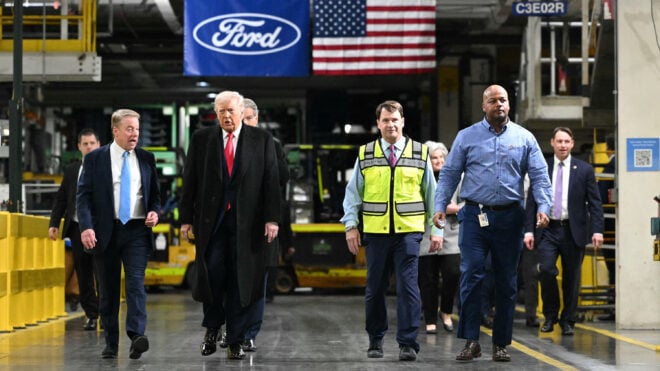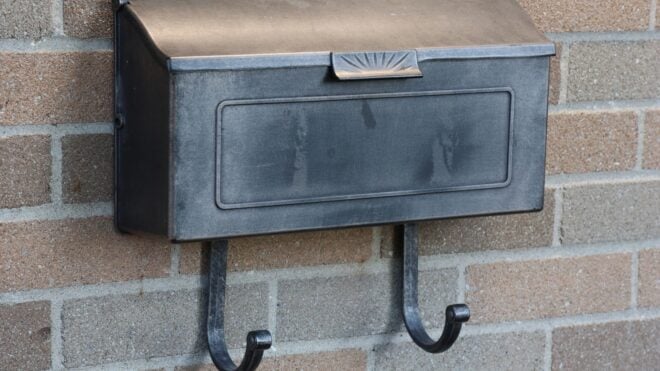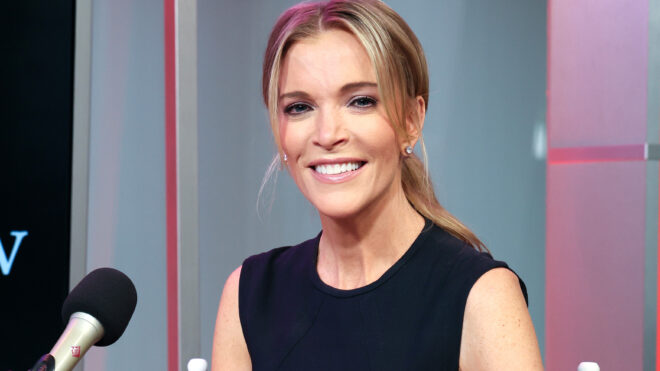The Boy Scouts of America recently made a number of changes to try to modernize the organization. Now, it's taking a stand against racial injustice.
On Monday, the Scouting organization announced a new badge requirement. In order for Boy Scouts to rise to Eagle Scout status, they'll be required to get a diversity and inclusion merit badge. According to the BSA, the badge will build on components already featured in existing merit badges, like the American Cultures and Citizenship in the Community badges.
The BSA will also be requiring diversity and inclusion training for all its employees. There will also soon be a version of the training for volunteers. The organization has emphasized that these changes are only the beginning. It is making a commitment to stand with the Black community.
"The Boy Scouts of America stands with Black families and the Black community because we believe that Black Lives Matter."
The Boy Scouts of America organization is making changes to stand in solidarity with the Black community. The organization laid out its first set of changes in a press release on Monday.
"As our country reckons with racial injustice, we all must consider our role and our failures and commit to meaningful action," the statement begins, addressed to Scouting families.
"The twelve points of the Scout Law that define a Scout are all important, but at this moment, we are called on to be brave. Brave means taking action because it is the right thing to do and being an upstander even when it may prompt criticism from some," it continues.
"We realize we have not been as brave as we should have been because, as Scouts, we must always stand for what is right and take action when the situation demands it."
"There is no place for racism — not in Scouting and not in our communities. Racism will not be tolerated," the statement reads.
"We condemn the murders of George Floyd, Ahmaud Arbery, Breonna Taylor, and all those who are not named but are equally important. We hear the anguish, feel the heartbreak, and join the country's resolve to do better."
"The Boy Scouts of America stands with Black families and the Black community because we believe that Black Lives Matter. This is not a political issue; it is a human rights issue and one we all have a duty to address."
The organization then went on to share some of the changes that are coming.
In order for Boy Scouts to become Eagle Scouts, they will be required to get "a specific diversity and inclusion merit badge."
"It will build on components within existing merit badges, including the American Cultures and Citizenship in the Community merit badges, which require Scouts to learn about and engage with other groups and cultures to increase understanding and spur positive action," the BSA explains.
This step is likely the one that will most immediately impact Scouts.
The BSA is also committed to "reviewing every element of our programs to ensure diversity and inclusion are ingrained at every level for participants and volunteers by applying a standard that promotes racial equality and denounces racism, discrimination, inequality, and injustice."
Diversity and inclusion training will also be required for all BSA employees starting July 1. They are developing a similar program for organization volunteers.
Last but not least, they want to remove offensive names from any facilities. They plan to be "conducting a review of property names, events, and insignia, in partnership with local councils, to build on and enhance the organization's nearly 30-year ban on use of the Confederate flag and to ensure that symbols of oppression are not in use today or in the future."
The Boy Scouts of America says that these steps are just the beginning of a longer commitment. "We will also continue to listen more, learn more and do more to promote a culture in which every person feels that they belong, are respected, and are valued in Scouting, in their community, and across America," the organization vowed.
"As a movement, we are committed to working together with our employees, volunteers, youth members, and communities so we can all become a better version of ourselves and continue to prepare young people to become the leaders of character our communities and our country need to heal and grow."
In 2018, the BSA shocked many by announcing that girls and transgender children would be welcomed into Scouting programs.
"I think this is a big deal to the extent that all these traditional, Christian-oriented organizations are trying to get their houses in order with regard to systematic racism," Alvin Tillery Jr., a political science professor at Northwestern University, told NBC News.
"This is an organization that is super-embattled and they've had to adopt more progressive stances because nobody wants to have anything to do with them. Society is passing them by, and they have to catch up."
The BSA has a surprising history regarding race. Founded in 1910, the organization has always been seen as a pillar of traditional values. Though it did not integrate until 1974, national leadership refused to endorse segregation or discrimination as far back as the 1920s. Black children were always encouraged to join.
"They were taking inclusive stances when the Ku Klux Klan was riding high," said Ben Jordan, a history professor at Christian Brothers University in Memphis, Tennessee, and author of Modern Manhood and the Boy Scouts of America.
"There were even some racially mixed troops in the 1920s," he added. By 1944, there were more than 100,000 Black Boy Scouts. Currently, about 14% of the estimated 30,208,084 children involved in different levels of Scouting are Black.




